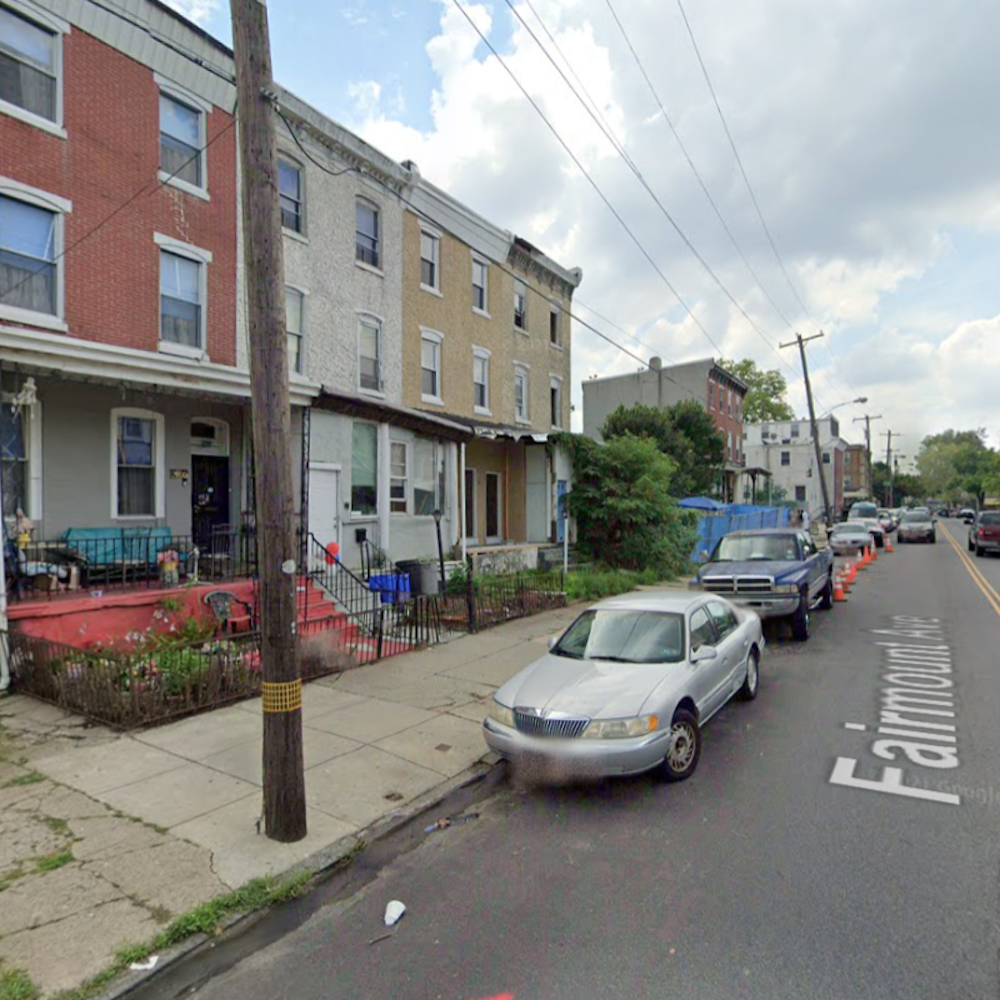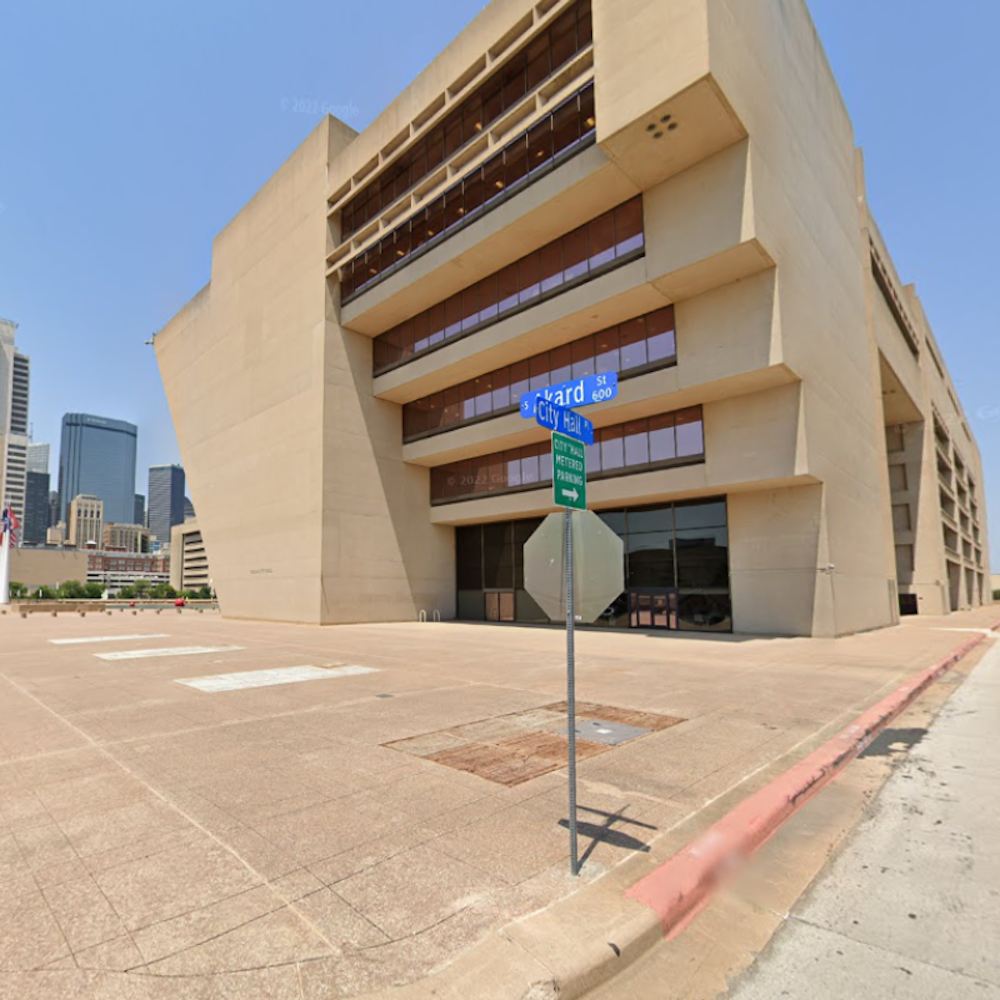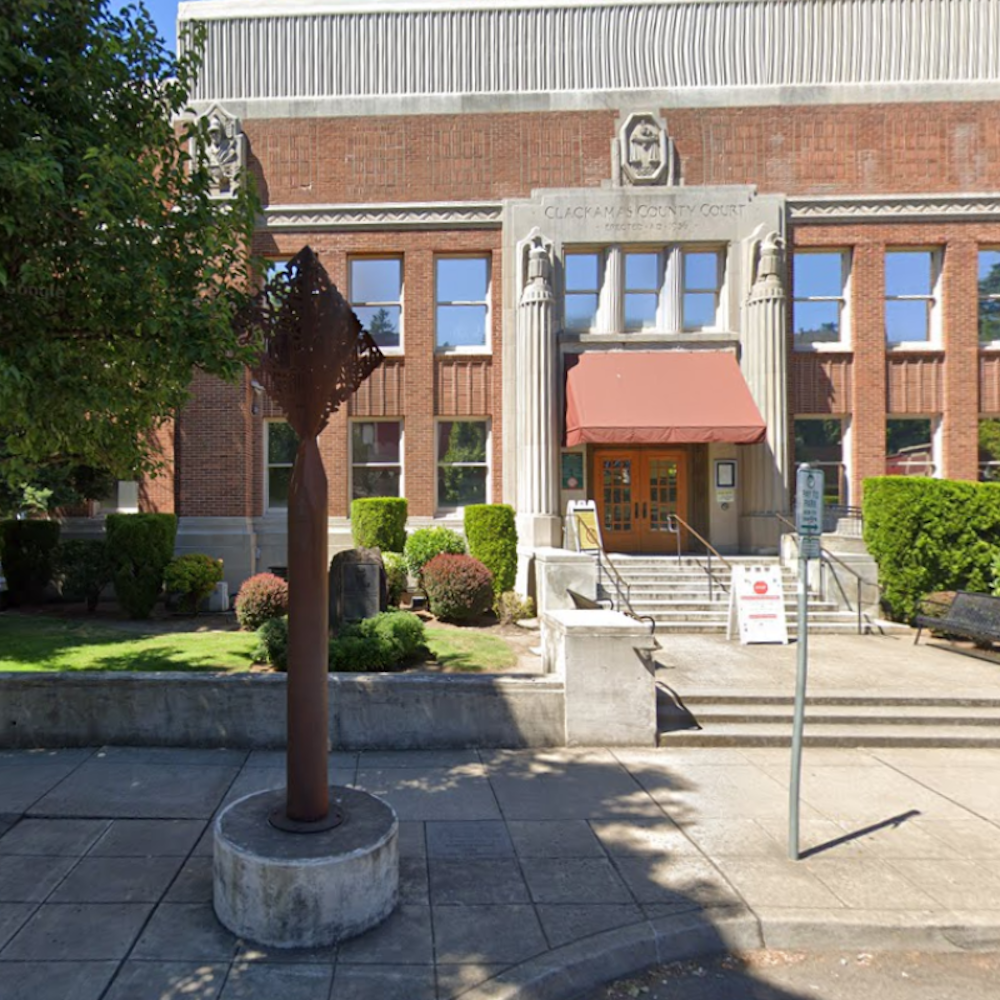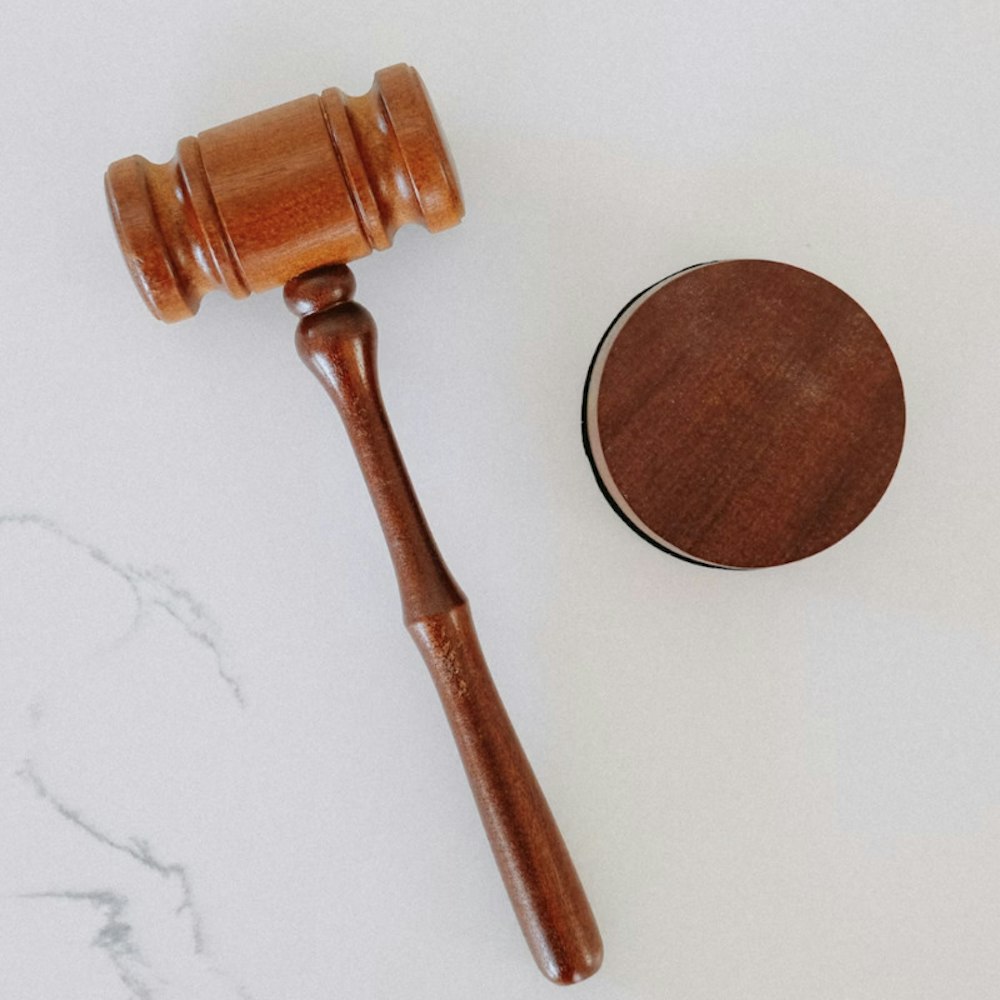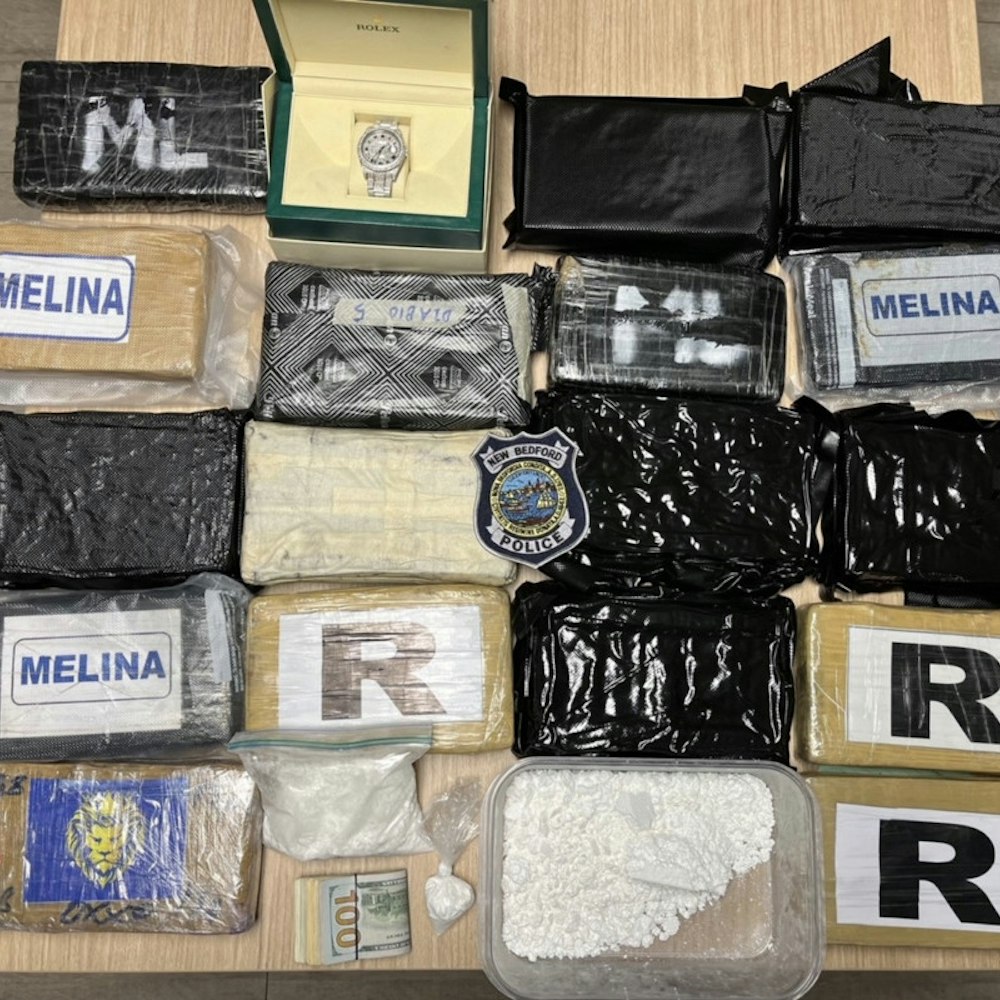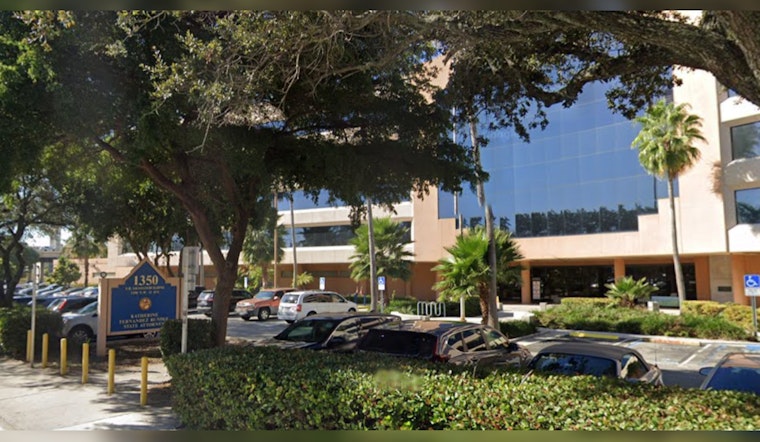
On the streets of Miami-Dade County, approximately 700 individuals find themselves arrested weekly for driving with a suspended license, a statistic that casts a long shadow over those struggling financially. In the heart of this turmoil, an interfaith advocacy group, PACT—People Acting for Community Together—is making a stand. According to NBC South Florida, the organization delivered 600 postcards to State Attorney Katherine Fernandez Rundle's office Monday, each postcard symbolizing the hardship of 1,000 residents caught in this legal bind.
The issue at hand is not one of road safety, but rather the economic burden that can criminalize poverty. "Thousands of people are arrested not because they are reckless drivers, or dangerous on the roads, but because they are poor and can’t afford to pay the escalating fines and fees that the system imposes on them," Monsignor Chanel Jeanty, a PACT leader, emphasized in a statement obtained by NBC South Florida. This burden bears down hardest on those who can least afford its weight, translating unpaid fines into jail time.
Jonathan Sepsenwol of Temple Beth Sholom, a congregational leader and PACT member, shared at a protest a sentiment that resonates broadly: "It's incredibly devastating to have an arrest record... When people are being arrested, simply because they couldn't afford to pay a fine or fee, that to me is completely unacceptable." This view, reported by CBS News Miami, captures a collective frustration with a system that many feel is rigged against the economically vulnerable.
However, it's not merely activists who are calling for change. Miami-Dade Police Director Stephanie Daniels, among others, has voiced support for the issuance of civil citations in these instances. Yet, the authority to make such decisions appears tangled in bureaucratic red tape. Rundle's office signaled alignment with the call for reform, insisting, "The issuance of a civil citation rather than making an arrest is a decision made at the point of initial contact, not a matter that can be undone when the arrest form arrives at the State Attorney's Office," according to a statement featured by NBC South Florida. Ironically, the State Attorney advocates for change whilst the wheels of justice continue to turn in the same worn grooves.
Change is afoot in the form of policy reform, as Miami-Dade—pioneers of using civil citations—wrestles with the complex interplay of law enforcement practices and prosecutorial procedures. With the continued pressure from PACT and supporters from various sectors of the community, there is hope that the city can steer away from punitive measures that ensnare individuals for whom the crime is not dangerous behavior, but simply an inability to pay. With the multitude of voices clamoring for an alternate path, the decision-makers at the helm will undoubtedly face the question of whether they will navigate Miami-Dade towards more equitable shores.
